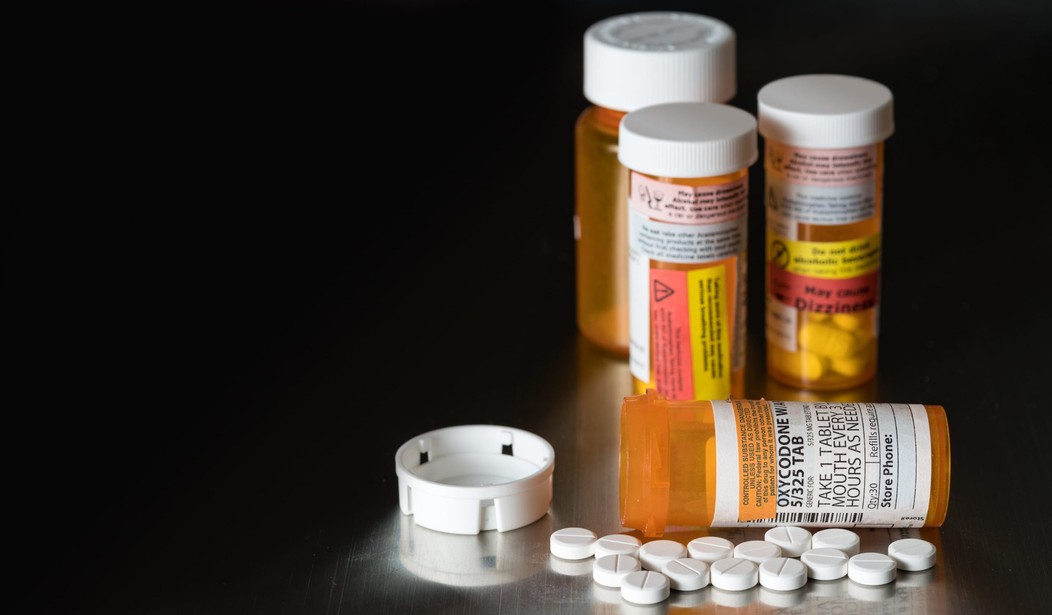WASHINGTON — The Centers for Disease Control and Prevention’s new statistics on opioid deaths drove a senator whose state is especially hard hit by the epidemic to slam “Band-Aid solutions” thus far “as this crisis has compounded into too many societal issues to count.”
The new report tallied 42,249 opioid-related overdose deaths in the United States in 2016, a 28 percent jump over 2015. Deaths attributed to synthetic opioids such as fentanyl doubled, deaths due to heroin rose nearly 20 percent and deaths caused by opioid prescription painkillers such as hydrocodone and oxycodone rose 14 percent.
On average, 174 people a day died from drug overdoses in 2016, with 115 of those deaths caused by opioids.
While the national rate for drug overdose deaths was 19.8 per 100,000 people, West Virginia had the highest rate in the country with 52 deaths per 100,000 people.
Sen. Joe Manchin (D-W.Va.), who’s been in office since 2010, noted that there hasn’t been a yearly decline in opioid deaths the entire time he’s been a senator.
“Our country still cannot properly combat an epidemic that is ravaging our nation and that will change every aspect of our society for generations to come,” he said in a statement Thursday. “After all of the trauma our neighbors, families, and friends have been through and after all of the strain we’ve put on our community, state, and local budgets and resources, we still do not fully appreciate the devastating impact of this crisis and continue to do far too little to stop it.”
“What we are doing is not working and it is clear that we must double, triple or quadruple our efforts to strengthen addiction prevention efforts, get people into treatment, and prevent overdose deaths. We must help those who are suffering from substance use disorders get the help that they need so they can find a job, get their children back, and become a contributing member of society.”
Manchin, a longtime proponent of greater government and industry investment in confronting the opioid crisis, called for “targeted emergency funding to save lives now and permanent funding for treatment centers that can save lives tomorrow,” including his legislation that would assess a one cent fee on every milligram of opioid produced to the tune of about $2 billion a year.
“We must also require that our medical professionals are properly trained on addiction and the dangers of opioids, we must ensure that our federal agencies are treating this as the public health crisis it is, we must fight for patients with substance use disorders to get the quality, coordinated healthcare that they need, and must give people who are in recovery a second chance to rebuild their lives,” he said.
“Congressional leaders, government officials and my colleagues should be alarmed by the rate in which people are dying,” Manchin added. “By now, they should know that this problem and its consequences are not just going to go away and that I’m not going to go away or sit idly by as millions of Americans just continue to die. As a nation, we cannot accept this anymore.”
The White House listed its declaration of a nationwide public health emergency to address the opioid crisis among its year-end accomplishments.
“You see in the CDC numbers that are out today, they’re very harrowing,” a senior administration official said Thursday. “Opioids now kills more people than breast cancer. And we see a spike-up — if you look at page four of that particular report — you see a spike-up in fentanyl deaths. And we have a fentanyl issue in this country.”









Join the conversation as a VIP Member